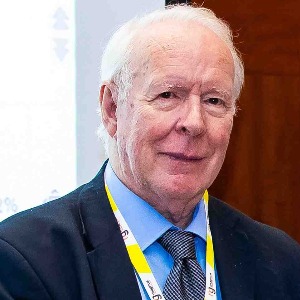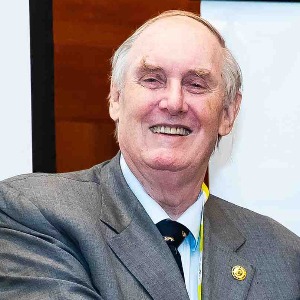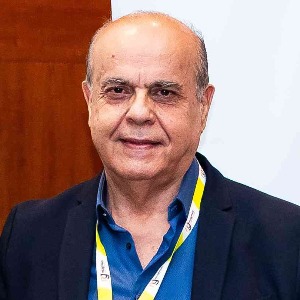Nanomaterials in Dentistry
Nanomaterials have ushered in a new era in dentistry, leveraging their unique properties to revolutionize various aspects of oral healthcare. In restorative dentistry, the integration of nanomaterials into composite resins has elevated the quality of tooth-colored fillings. Nanoparticles enhance the mechanical strength and wear resistance of composites, ensuring durable and aesthetically pleasing restorations. Preventive dentistry benefits from nanomaterials such as nano-hydroxyapatite, which aids in enamel remineralization and serves as an effective tool against tooth decay. In periodontics, nanotechnology plays a pivotal role in the development of nanoscale drug delivery systems, allowing targeted treatment for periodontal diseases. Nanomaterials are also making significant strides in implant dentistry, with ongoing research focused on improving osseointegration and enhancing the antibacterial properties of implant surfaces. The adaptability and multifaceted applications of nanomaterials underscore their potential to redefine dental treatments, elevate patient care, and shape the future landscape of dentistry.

David Geoffrey Gillam
Queen Mary University of London, United Kingdom
Christopher Turner
Spacemark Dental, United Kingdom




Title : Evaluating hygienist follow up for head and neck oncology patients in secondary care: Results from a two cycle audit
Peter Basta, Newcastle Dental Hospital, United Kingdom
Title : Atypical facial pain unravelled
Christopher Turner, Spacemark Dental, United Kingdom
Title : New treatment of temporomandibular disorder through muscle balance and muscle regeneration by activation of quiescent muscle stem cells( satellite cells) with mitochondrial dynamics
Ki Ji Lee, National Reserach Foundation & Busan Medical University, Korea, Republic of
Title : MRONJ and ORN: Referral or management in primary care? Navigating guidelines in the context of long waiting lists
Alisha Sagar, NHS England, United Kingdom
Title : Managing the unexpected: An Insight into supernumerary teeth
Bahar Gharooni Dowrani, Guy's and St Thomas' NHS Foundation Trust, United Kingdom
Title : Laxative prescribing for post operative head and neck cancer patients at Derriford Hospital
Pui Sze Kylie Li, Cardiff and Vale University Health Board, United Kingdom